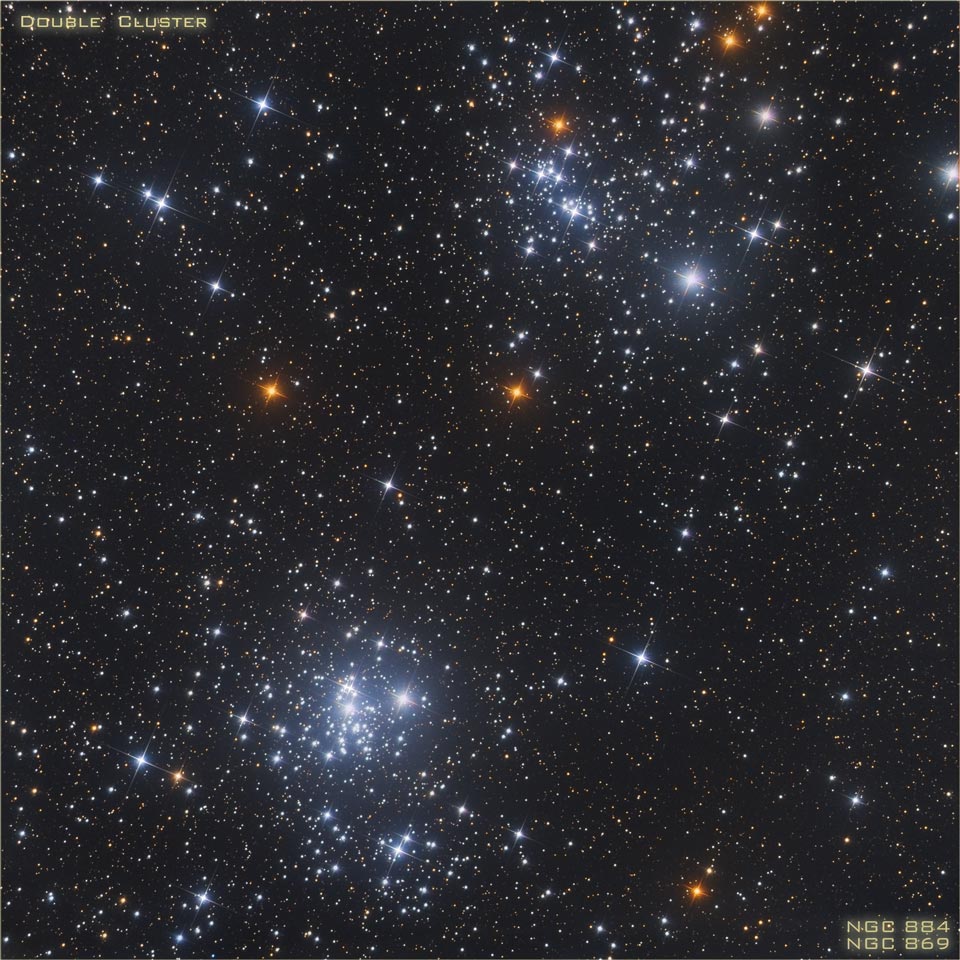PageDirectives
PmWiki uses a number of directives to specify page titles, descriptions, page keywords, and control the display of various components. Keywords are not case sensitive.
(:attachlist:)
- Options
-
(:attachlist NAME:)shows a list of attachments of the group or page NAME.
(:attachlist ext=xxx:) specifies an extension for filtering by type of file.
(:attachlist *:) shows the uploads directory and permits browsing of all uploaded files by directory (will not work if $EnableDirectDownload is set to 0).
(:description text:)- Descriptive text associated with the page. (Generates a
<meta name='description' content='...' />element in the page output.)
(:keywords word1, word2, ...:)- Identifies keywords associated with the page. These are not displayed anywhere, but are useful to help search engines locate the page. (Essentially, this generates a
<meta name='keywords' content='...' />element in the output.)
(:linebreaks:),(:nolinebreaks:)- Honors any newlines in the markup; i.e., text entered on separate lines in the markup will appear as separate lines in the output. Use
(:nolinebreaks:)to cause text lines to automatically join again.
(:linkwikiwords:), (:nolinkwikiwords:)- Enables/disables WikiWord links in text.
(:markup:) ... (:markupend:)or(:markup:)[=...=]- Can be used for markup examples, showing first the markup and then the result of the markup.
- Options
-
(:markup class=horiz:)will show the markup side by side instead of one upon the other.
(:markup caption='...':)adds a caption to the markup example.(:markupend:)is not required when using(:markup:)[=...=].
[=...=] option then the opening [= MUST occur on the same line as the (:markup:). If you are using the full (:markup:) ... (:markupend:) form then your markup code must appear AFTER a newline after the initial (:markup:).
(:messages:)- Displays messages from PmWiki or recipes, for instance from editing pages.
(:noaction:)- Turns off the section of the skin marked by <!--PageActionFmt--> thru <!--/PageActionFmt-->. In the pmwiki skin, this turns off the display of the actions at the top-right of the page (other skins may locate the actions in other locations).
(:nogroupheader:)(:nogroupfooter:)- Turns off any groupheader or groupfooter for the page. (See GroupHeaders.)
(:noheader:), (:nofooter:)(:noleft:), (:noright:), (:notitle:)- If supported by the skin, each of these turns off the corresponding portion of the page.
(:redirect PageName:)- Redirects to another wiki page.
(:redirect PageName#anchor:)- Redirects to an anchor within a page
(:redirect PageName status=301 from=name quiet=1:)- Redirects the browser to another page, along with a redirect message. For security reasons this only redirects to other pages within the wiki and does not redirect to external urls. The
status=option can be used to return a different HTTP status code as part of the redirect. Thefrom=option limits redirects to occuring only on pages matching the wildcarded name (helpful when(:redirect:)is in another page). Thequiet=1option allows the target page not to display a link back to the original page ($EnableRedirectQuietvariable should be set to 1).
(:spacewikiwords:), (:nospacewikiwords:)
(:title text:)- Sets a page's title to be something other than the page's name. The title text can contain apostrophes and other special characters. If there are multiple titles in a page, the last one encountered wins (see also
$EnablePageTitlePriorityabout how to change it).
(:nl:)- Creates a new line if there isn't one already there. See this thread for more info.
- Similar to
[[<<]]
Can I get (:redirect:) to return a "moved permanently" (HTTP 301) status code?
Use (:redirect PageName status=301:).
Is there any way to prevent the "redirected from" message from showing at the top of the target page when I use (:redirect:)?
From version 2.2.1 on, set in config.php $EnableRedirectQuiet=1;(:redirect OtherPage quiet=1:) for a quiet redirect.
Is there any method for redirecting to the equivalent page in a different group, i.e. from BadGroup/thispage => GoodGroup/thispage using similar markup to (:redirect Goodgroup.{Name}:)?


